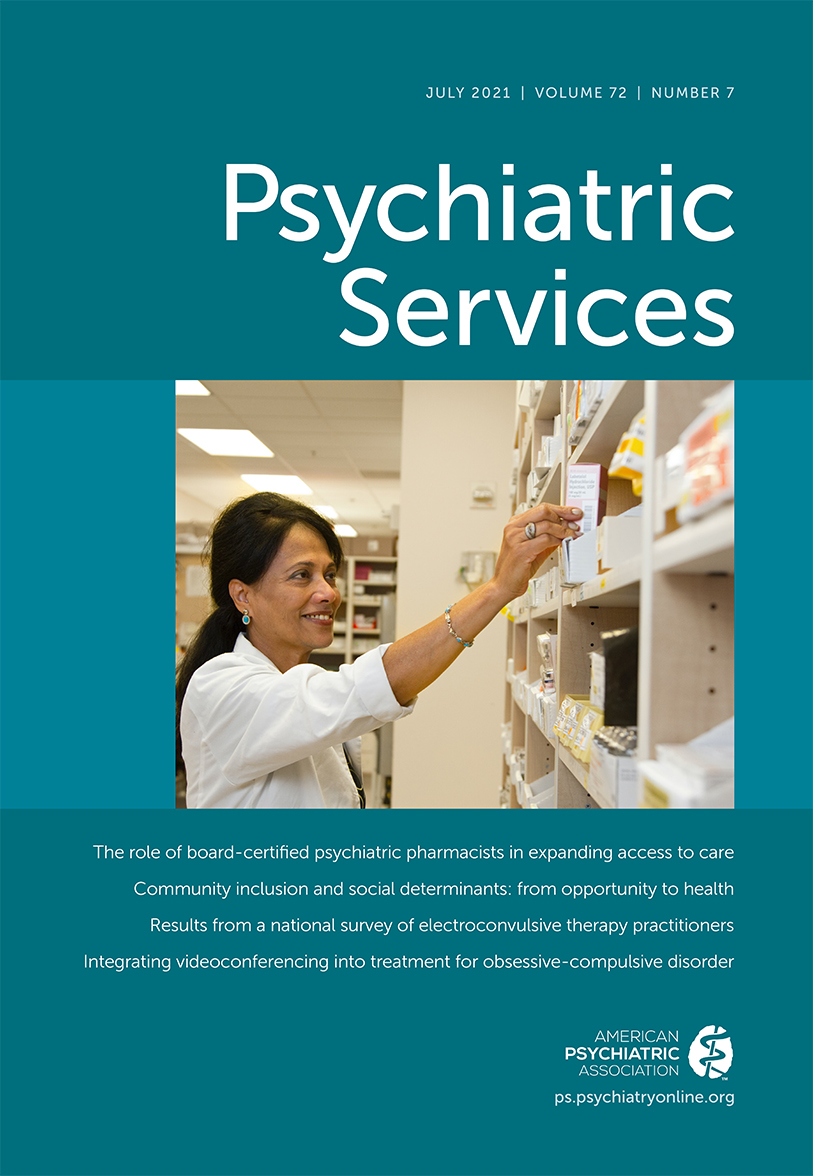The Role of Board-Certified Psychiatric Pharmacists in Expanding Access to Care and Improving Patient Outcomes
Abstract
Although approximately 20% of adults in the United States experience a mental health condition annually, there continues to be a gap in the provision of care because of a shortage of behavioral health providers. The National Council for Behavioral Health Medical Director Institute has recommended that the number of board-certified psychiatric pharmacists (BCPPs), who are clinical pharmacists with advanced specialized training and experience in the treatment of patients with psychiatric and substance use disorders, be expanded to help meet this need. Although BCPPs currently assist in expanding care access, improving medication-related outcomes, and reducing health care costs by working collaboratively with physicians and other health care providers, BCPPs are often underutilized. This lack of utilization results in lost opportunity to better address the needs of persons with psychiatric or substance use disorders and to meet these needs in a timely manner. Here, the authors bring attention to five key areas—opioid use disorder, antipsychotic use among children, long-acting injectable antipsychotics, clozapine use, and transitions of care and care coordination—in which BCPPs, along with other pharmacists, provide evidence-based care and could be more extensively used as a collaborative solution to the mental health and substance use disorder crisis in the United States.




